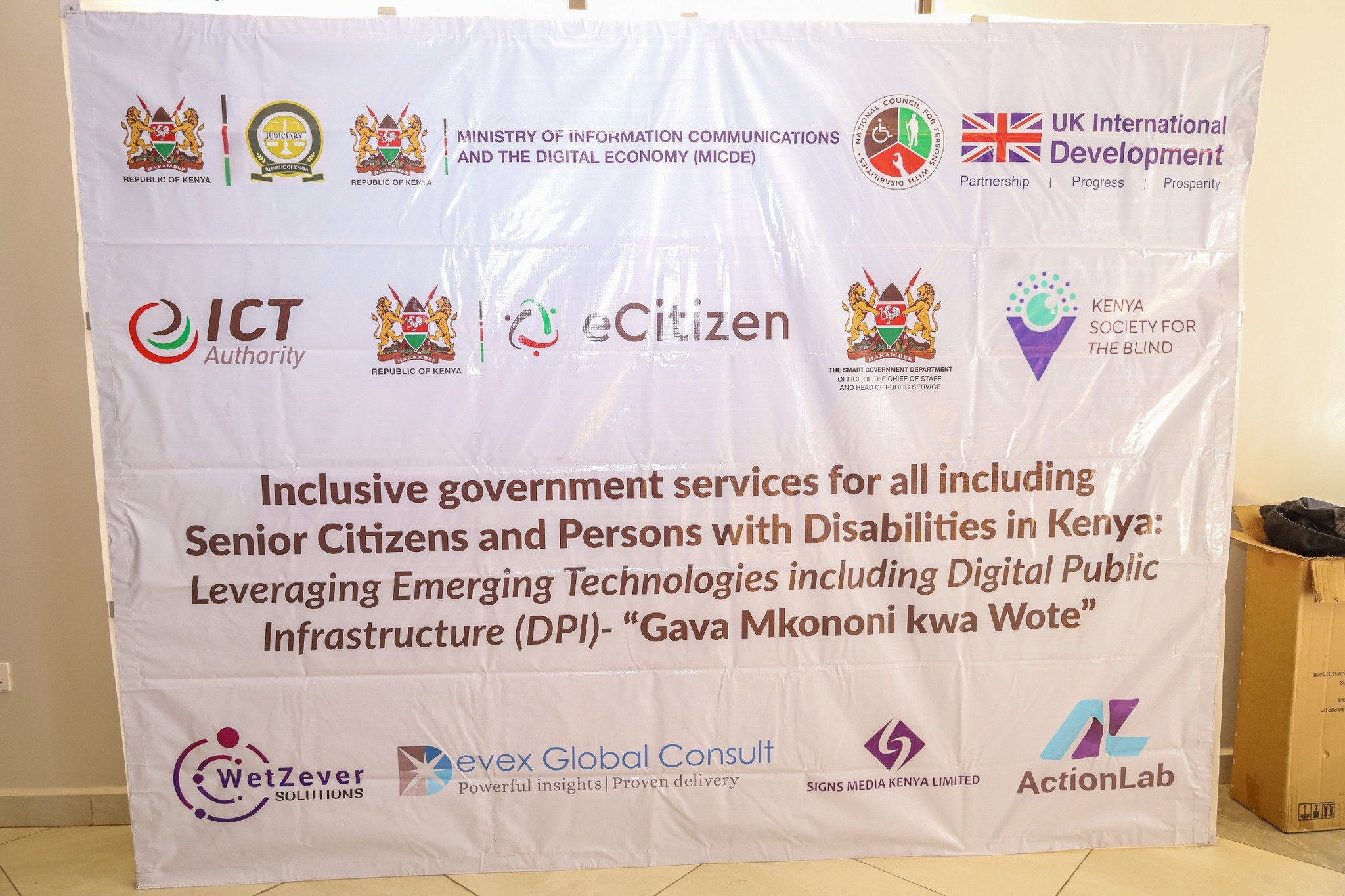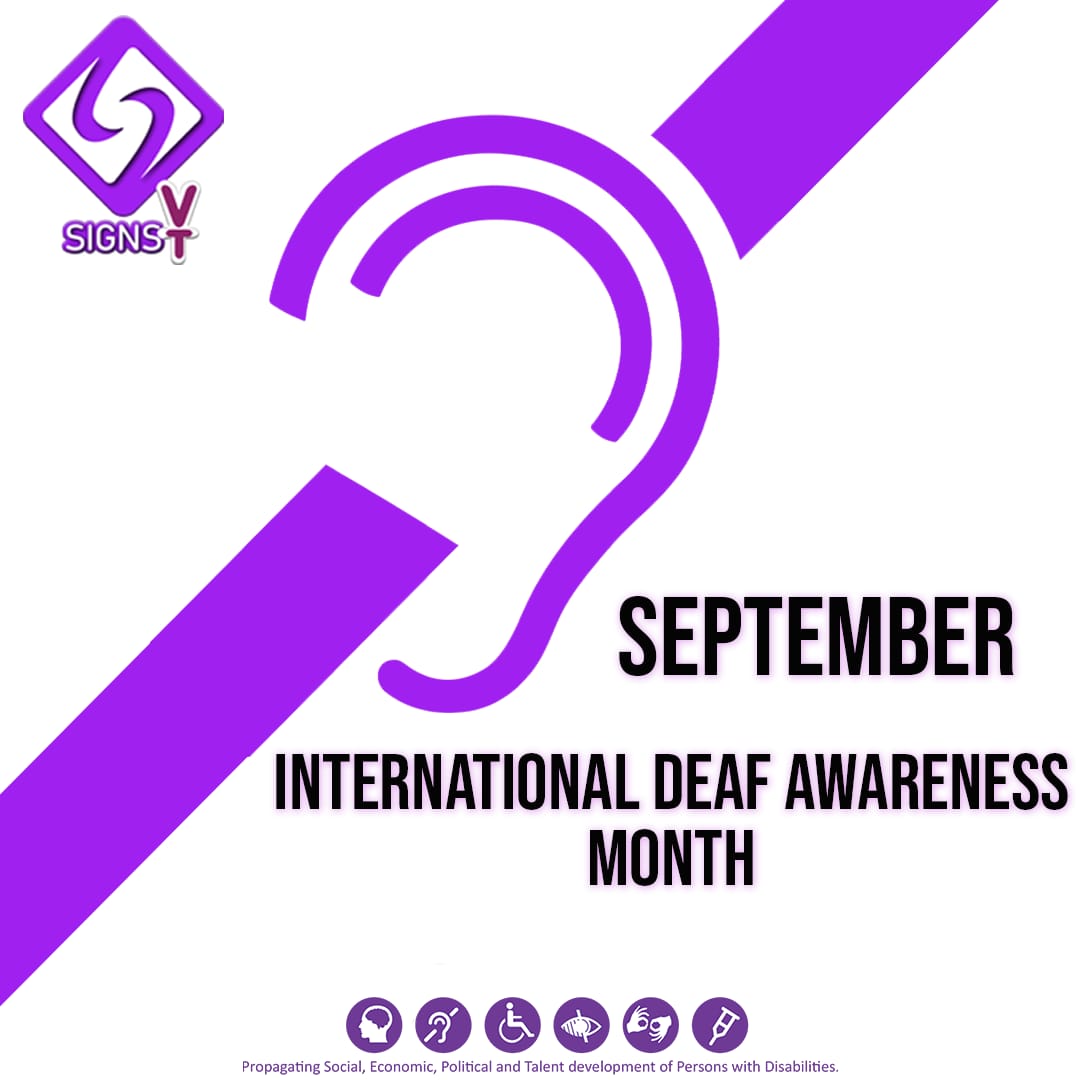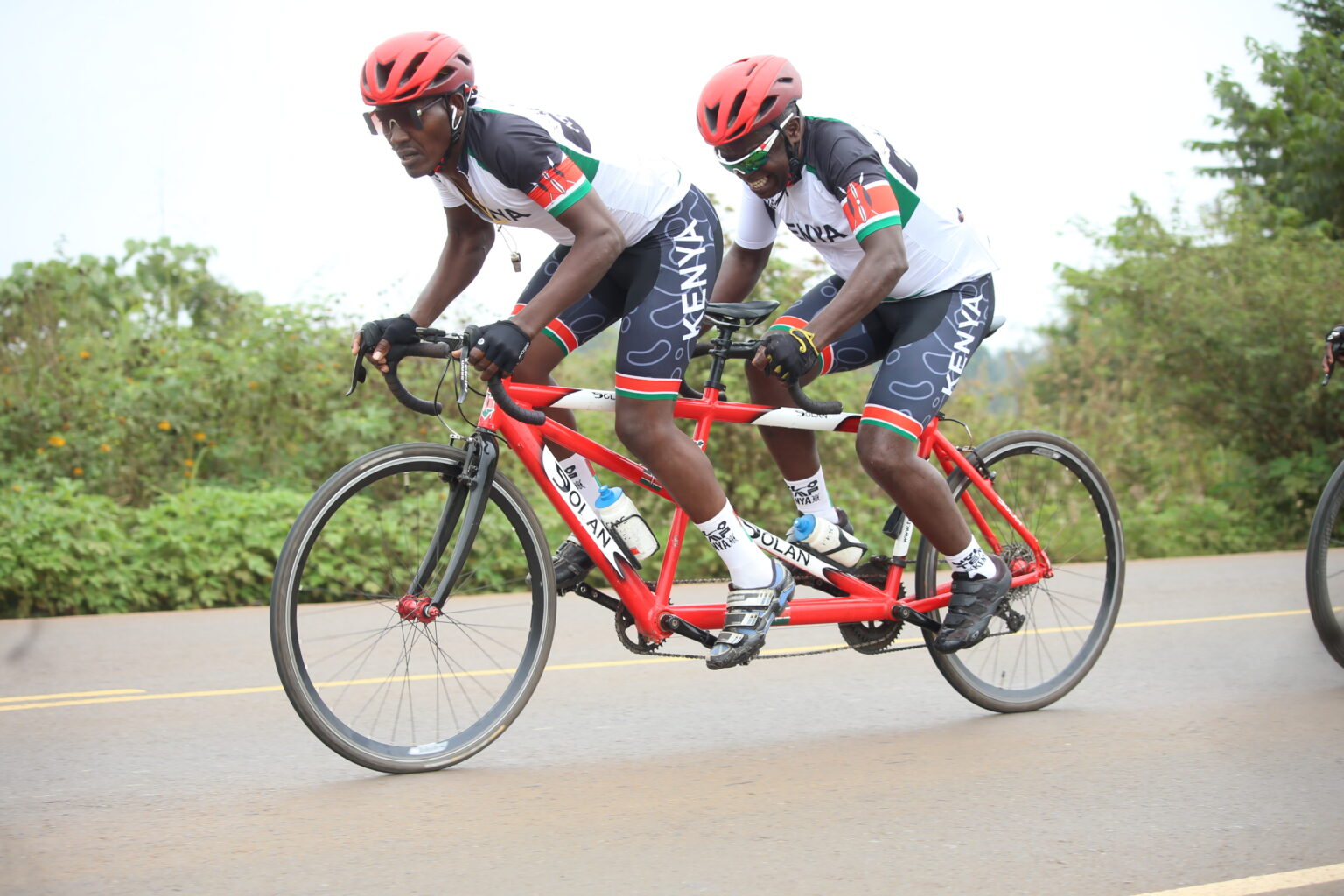International Ataxia Awareness Day
In a world where rare conditions often linger in the shadows, International Ataxia Awareness Day shines as a guiding light of hope. Every September 25th, a global wave of empathy and understanding sweeps across nations, raising the flag for those silently battling Ataxia, a neurological disorder that robs individuals of their coordination, balance, and sometimes, their voices.
Can you imagine navigating life's intricate dance when your body insists on moving to its own erratic rhythm? Ataxia, a complex group of rare neurological disorders, throws this bewildering challenge at its unsuspecting hosts. Whether triggered by genetic mutations, injury, or underlying medical conditions, Ataxia's defining feature is its disruptive influence on muscle coordination
Ataxia isn't a solitary figure in the medical field but rather a family of related disorders, each with its own unique characteristics.
Spinocerebellar Ataxia (SCA): This genetic form of Ataxia targets the cerebellum, the brain's maestro of movement coordination.
Friedreich's Ataxia: Often appearing in childhood and worsening progressively, Friedreich's Ataxia is another genetic form that causes progressive damage to the nervous system and also brings about movement problems.
Acquired Ataxia: Resulting from factors like stroke, multiple sclerosis, or alcohol abuse, this form of Ataxia adds its layer to the mosaic.
Idiopathic Late-Onset Cerebellar Ataxia (ILOCA): This late-life onset variety, with an unknown cause, is characterized by cerebellar ataxia together with additional neurological features including pyramidal signs, mild dementia, supranuclear ophthalmoplegia, optic atrophy, dysphagia, parkinsonism, sphincter disturbances, hypopallaesthesia, or chorea.
The significance of celebrating International Ataxia Awareness Day lies in its potential to drive positive change on multiple fronts. Firstly, it promotes early diagnosis, improving the lives of those grappling with Ataxia.
Moreover, it chips away at the walls of stigma, fostering empathy and understanding among the public for individuals and their families affected by this condition. Additionally, the day sparks a surge in research funding, opening doors to potential treatments and, hopefully, cures for Ataxia. Beyond that, it empowers patients and their families to become advocates, catalyzing change in healthcare systems and policies.
As we come together to observe this vital day, there are numerous ways to show support: educate yourself about Ataxia and its challenges, spread awareness on social media using the hashtag #IAAD, consider contributing to organizations dedicated to Ataxia research and support, participate in Ataxia awareness fundraisers, and share personal stories to shed light on the triumphs and challenges experienced by those with Ataxia.
International Ataxia Awareness Day is our chance to illuminate a condition that silently impacts countless lives across the globe. This day isn't just an annual observance; it's a reminder that every day, together, we can make strides in the fight against Ataxia.
Tags: International Ataxia Awareness Day Spinocerebellar Ataxia



